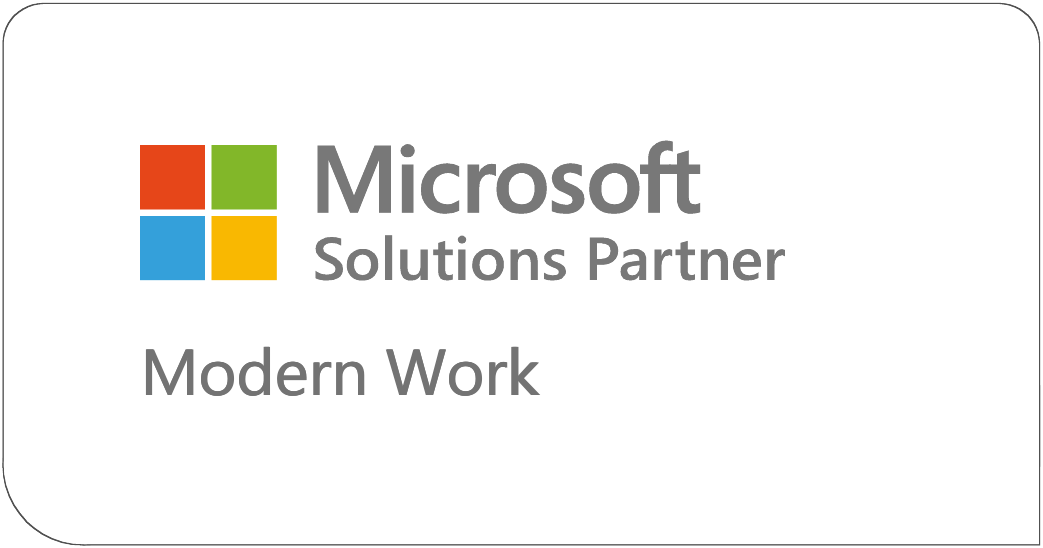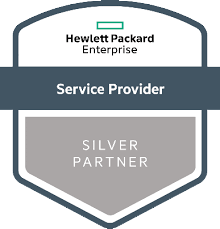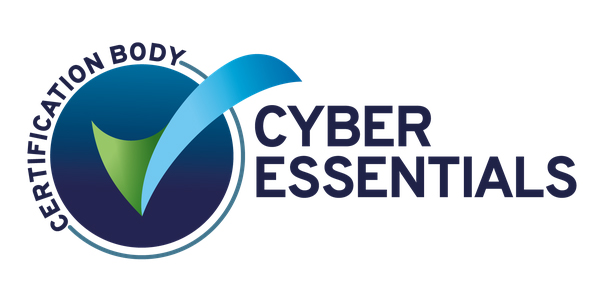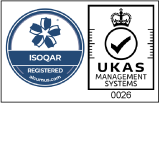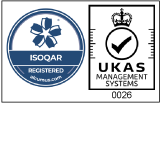Are you considering migrating your business-critical systems to a cloud-based infrastructure? With so many hosted services available, it can be difficult to know where to start…
Harnessing cloud technology solutions is all about solving business problems. It could be your existing onsite hardware is struggling to keep up with new users as your company grows, or you’re looking for more efficient ways to protect sensitive customer data.
Wondering what type of cloud computing suits your business best? We’ve outlined some of the most common scenarios for companies looking to embrace these services and the solutions we recommend…
Your on-premise applications are starting to struggle
As the world becomes increasingly digital, on-premise servers and hardware will age and need updating or upgrading every few years to ensure seamless functionality. This process is costly.
So, if you’re struggling to accommodate new users within your legacy system or your hardware is starting to lag, it’s best to pursue a cloud-based solution that’ll allow you to scale your storage infrastructure and embrace new applications on demand.
Cloud-based ‘software as a service’ (SaaS) platforms such as Microsoft Office 365 can be especially valuable. These provide applications on a pay-as-you-go basis, allowing you to ‘rent’ the resources you need from the cloud vendor without paying for the hardware upfront or managing software and security in-house.
You want to limit your upfront costs
Are you keen to undergo a digital transformation but lack the capital to purchase and maintain new servers? The public cloud may be your best option.
Lifting workloads to hosted public cloud servers removes the requirement to hire engineers to maintain the hardware, enabling you to make the most of the latest business-grade technology without investing in on-prem infrastructure you may not need in the long run.
Several third-party providers offer these cloud technology solutions, including Microsoft Azure. These services are typically cost-effective, convenient and flexible — allowing start-ups and scale-ups to embrace digital transformation and benefit from superior performance with no upfront CapEx costs.
You’re dealing with lots of personally identifiable information (PII)
Data privacy is paramount for companies in sectors like legal, finance and education. That’s why many of these businesses move to a public cloud solution that can offer secure, scalable and fully managed storage for all sensitive data.
However, if you work in an industry like healthcare or finance, compliance is often contingent on running a single-tenant data centre. In this case, you may need to invest in an on-prem system that lets you privately own and customise your servers to suit your storage and governance requirements.
Still, even if you can’t use a public cloud solution to host your entire IT estate, it’s worth speaking to a managed IT provider to determine whether you have any applications that a SaaS model could securely deliver.
You need to maintain on-premise records
Many companies (primarily legal firms) must maintain documentation and data on on-premise servers for several years to comply with legislation such as the Limitation Act 1980.
However, organisations may face a massive issue around scalability unless they can afford to purchase extra storage capacity at the drop of a hat. Plus, without someone on hand to continuously patch system vulnerabilities and keep software up to date, an on-prem server can become a gaping hole in network security instead of providing the extra protection required.
Alternatively, shifting to hybrid cloud service models can offer all the flexibility of the cloud with the backup security, continuity and functionality benefits of on-premise storage.
A hybrid solution like HPE GreenLake is ideal for forward-thinking businesses that need to maintain on-premises servers for compliance without depending on public cloud services that offer less control.
You already have a purpose-built on-premise infrastructure
Despite the many benefits of cloud technology, supporting an on-premise system that’s still fit for purpose may sometimes be the most sensible and cost-effective option for your business.
For example, if a manufacturing company has spent a lot of money on hardware and the applications running are not compatible with the cloud — or it’s unable to turn off business-specific applications to move them to a hosted platform — it’ll be well worth continuing to run them.
That being said, if more recent, less bespoke versions of admin or workflow applications could be moved to the cloud, doing so can help boost productivity and manage costs elsewhere.
Your internal teams lack cloud knowledge
Embracing cloud technology solutions may seem like a no-brainer for most businesses, but the easy scalability of public cloud services can quickly become a burden if not effectively managed.
Public cloud vendors will charge for individual data transfers and storage requests, meaning cloud computing costs can skyrocket should your business experience a sudden influx of traffic or your employees purchase additional storage or services without approval.
As a result, it’s crucial to ensure you engage an experienced managed IT partner to help you reap all the benefits of the latest cloud service models while preventing costs from spiralling.
That’s why no matter what state your business technology systems are in, TMT always starts infrastructure upgrade projects with an IT Strategy Review to assess the complete picture of your technology estate and create a budgeted roadmap for a successful, seamless transformation.
Interested in learning more about our cloud technology solutions? Contact our experts at 0800 988 2002 or sales@tmtech.co.uk to discuss your business’ infrastructure requirements.



